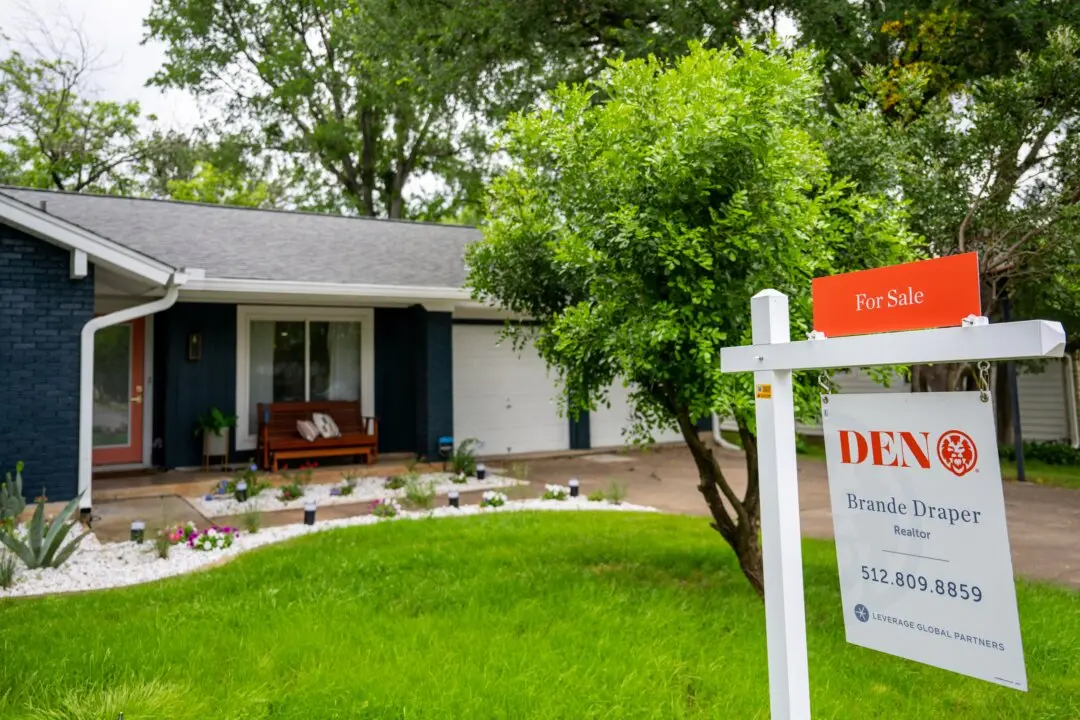More than 10 million people across the United States aged 65 and older are still paying off their home mortgages, even into retirement years, a new report from Lending Tree indicates.
Lending Tree, an online loan marketplace for mortgages, small businesses, and other loans, analyzed the latest U.S. Census Bureau data to review the share of homeowners 65 and older who still have a mortgage throughout the country’s 50 largest metro areas.





